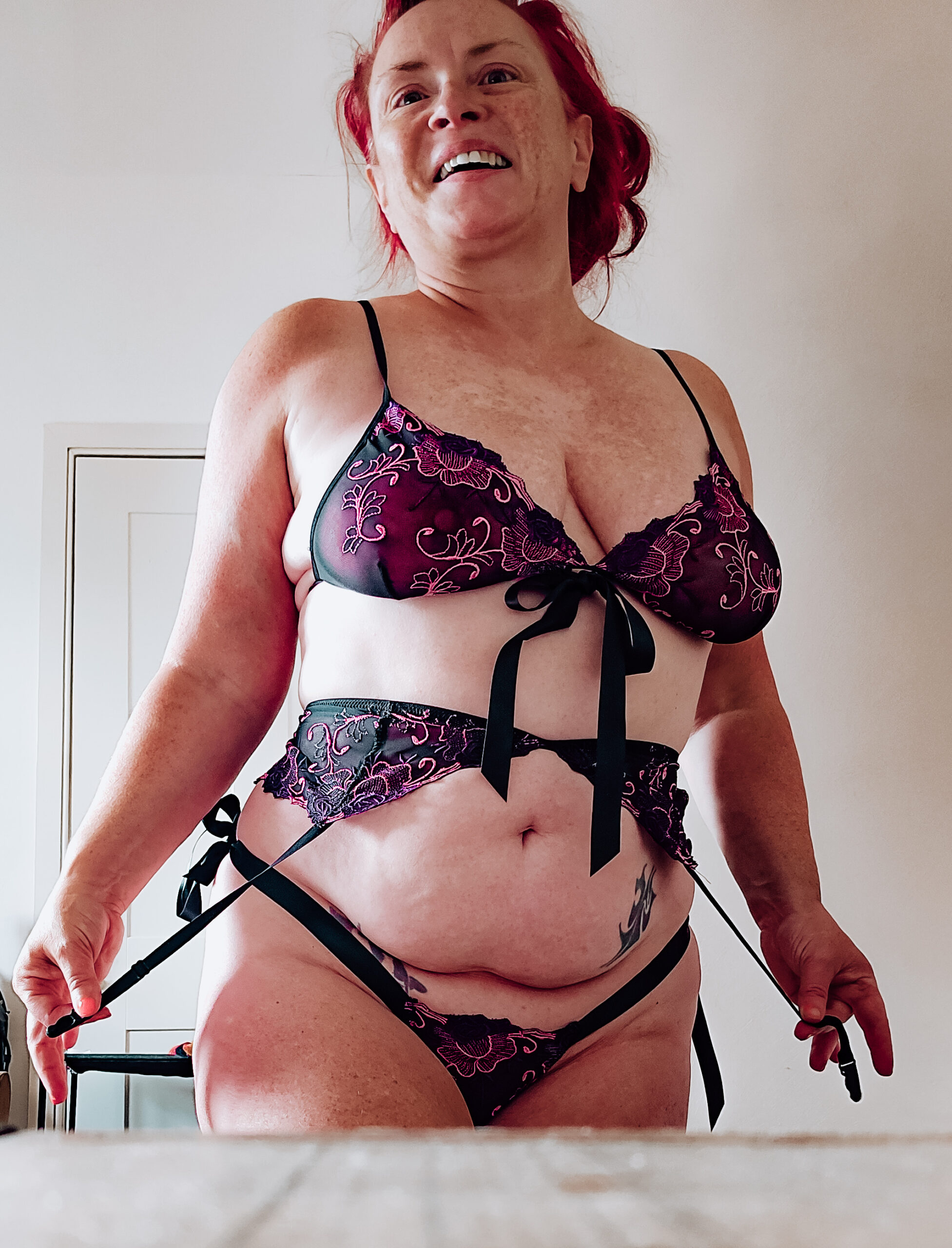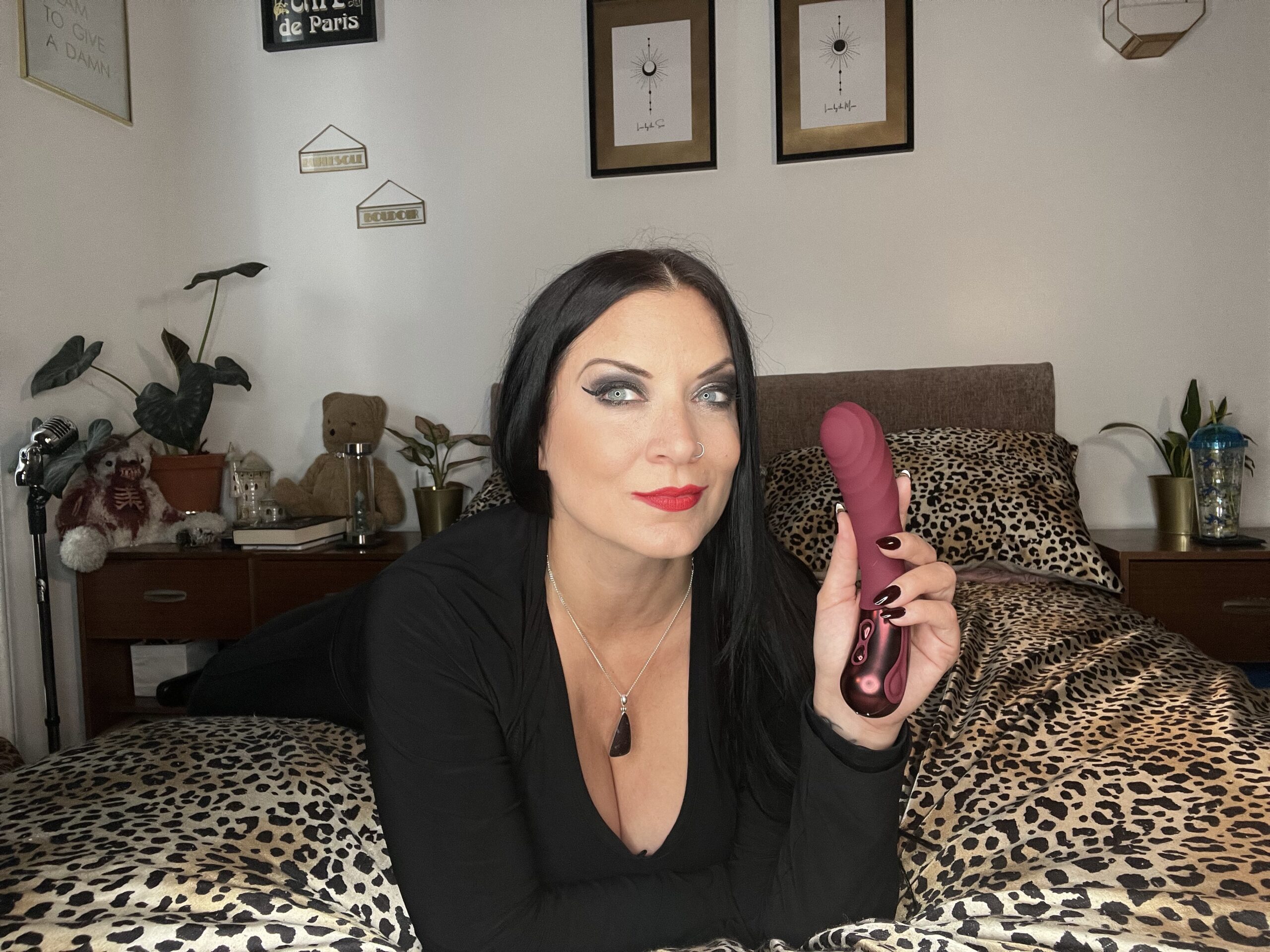Past Trauma and Emotional Baggage
Love addiction can be a complex and painful pattern of behavior that is often accompanied by past trauma and emotional baggage. When we become addicted to love, it’s not just about being in love – it’s about escaping our own pain and insecurities. Our minds can become deeply ingrained with the belief that our self-worth is tied to our relationship status, or that we’re worthy of love only if someone else loves us back.
- A history of past trauma, such as emotional or physical abuse, can make it difficult for individuals to recognize and accept their own worthiness of love. This can lead to an addiction to love as a way to self-soothe and escape painful emotions.
- Emotional baggage from childhood or past relationships can also contribute to love addiction. Individuals may have learned unhealthy patterns of behavior, such as codependency or people-pleasing, which can make it challenging to recognize the signs of an unhealthy obsession.
Recognizing the signs of a love addiction is crucial for breaking free from this cycle of pain and heartache. Some common signs include: a desperate need for constant reassurance from your partner, a lack of self-respect or boundaries in relationships, and a tendency to settle for unhealthy or unfulfilling partnerships.

Intimacy Addictive Personality Disorder
In recent years, the term “addiction” has become increasingly associated with romantic relationships. While it may seem like a modern phenomenon, the concept of intimacy addiction has been around for decades.
The Intimacy Addictive Personality Disorder (IAPD) is a recognized condition in which individuals experience an excessive and compulsive need for intimacy, often accompanied by a fear of abandonment or rejection. This can lead to a pattern of intense, short-lived relationships that ultimately result in emotional turmoil and distress.
People with IAPD may exhibit behaviors such as constant texting or calling, becoming overly attached to their partner, and seeking constant reassurance. They may also have difficulty maintaining healthy boundaries, leading to enmeshed relationships or codependency.
Recognizing the signs of intimacy addiction is crucial in addressing this disorder. If you or someone you know is struggling with IAPD, it’s essential to seek professional help from a mental health expert or a relationship counselor who can provide guidance and support on how to overcome these patterns.
Cycles of Obsessive Thinking and Behavior
Love addiction, also known as relationship addiction or attachment disorder, is a pattern of behavior in which an individual becomes intensely attached to someone, often resulting in an unhealthy obsession. This attachment can manifest as an excessive desire for physical contact, constant need for reassurance, and a tendency to idealize the partner. The cycles of obsessive thinking and behavior in love addiction are complex and multifaceted, but some common characteristics include:
Recurring Patterns: Individuals with love addiction often find themselves drawn back into unhealthy patterns of attachment, despite the harm it may cause them. This can lead to a cycle of repeated abusive relationships or intense infatuations.
Tolerance and Escalation: As the individual becomes increasingly dependent on the partner for emotional validation, they may need more extreme measures to achieve the same level of attachment. This can manifest as an increased frequency of contact, gifts, or other gestures.
Avoidance Behaviors: When confronted with signs of the partner’s disinterest or detachment, individuals with love addiction may engage in avoidance behaviors such as substance abuse, workaholism, or social withdrawal.
Denial and Minimization: Despite evidence to the contrary, individuals with love addiction may deny or minimize the severity of their behavior, blaming external circumstances or the partner’s supposed flaws for their own actions.
Emotional Dysregulation: The intense emotional highs and lows associated with love addiction can lead to unstable mood swings, irritability, and an increased risk of anxiety and depression.
In addition to these characteristics, individuals with love addiction may also exhibit signs such as a preoccupation with the partner’s appearance or habits, a tendency to prioritize the relationship over personal needs and well-being, and a lack of self-awareness regarding their behavior.

Mental Health Impacts
Love addiction, also known as relationship addiction or attachment disorder, is a mental health condition where an individual becomes intensely and excessively attached to one romantic partner, often at the expense of their own emotional well-being.
The symptoms of love addiction can be complex and varied, but common signs include: feeling a strong need for constant reassurance from your partner, becoming anxious or irritable when apart from them, frequently initiating contact despite feelings of being “used” or taken advantage of, and exhibiting obsessive behavior such as calling, texting, or showing up at their workplace.
Mental health impacts associated with love addiction can be significant. Individuals struggling with this condition may experience anxiety, depression, and low self-esteem due to the unstable nature of their relationships. They may also develop a distorted view of themselves and their partners, leading to an intense need for external validation.
Furthermore, love addiction can lead to social isolation and strained friendships, as individuals may prioritize their romantic relationship over other important relationships in their life. The obsessive behavior can also negatively impact work or school performance, leading to increased stress and feelings of guilt and shame.
Additionally, the intense emotional highs and lows associated with love addiction can be overwhelming, leading to a heightened risk of suicidal ideation and attempts. Untreated mental health issues related to love addiction can also lead to long-term damage to an individual’s self-perception, relationships, and overall quality of life.
Breaking free from the cycle of love addiction requires a comprehensive treatment approach that addresses underlying emotional and attachment issues. This may involve therapy sessions with a licensed mental health professional, as well as support groups for individuals struggling with similar challenges.
Seeking Professional Help
Love addiction, also known as relationship addiction or codependency, is a pattern of behavior where individuals become overly reliant on their romantic relationships to meet their emotional needs. This can lead to an unhealthy obsession with one’s partner, causing harm to oneself and others in the process.
The signs of love addiction may not be immediately apparent, but they can be subtle and insidious. For example, someone who is struggling with love addiction may frequently reach out to their partner excessively, seeking reassurance or validation. They may also become overly dependent on their partner for emotional support, neglecting their own needs and desires in the process.

Additionally, individuals who are addicted to love may exhibit controlling behavior, such as monitoring their partner’s every move or becoming jealous of perceived slights. They may also use guilt trips, self-pity, or other manipulative tactics to control their partner’s emotions and actions.
Furthermore, love addiction can lead to an erosion of personal boundaries, causing individuals to lose sight of who they are outside of the relationship. This can result in a sense of identity loss, as the individual becomes increasingly defined by their role as a romantic partner.

Recognizing the signs of love addiction is crucial for seeking help and recovery. Treatment options may include therapy, support groups, and other forms of counseling to address underlying emotional issues. With professional guidance and support, individuals can learn healthier ways to navigate their emotions and relationships.
Breaking free from the cycle of love addiction requires a commitment to personal growth, self-awareness, and change. By seeking help and working through challenging emotions and behaviors, individuals can develop healthier relationships and a more balanced sense of self.
Identifying Red Flags and Setting Boundaries
Loving someone can be one of the most exhilarating and rewarding experiences in life, but when it becomes an all-consuming obsession, it can lead to unhealthy patterns of behavior that are detrimental to our well-being.
Identifying Red Flags
In cases of love addiction, individuals may exhibit several red flags that indicate a need for reevaluation of their relationship. These warning signs include:
Excessive emotional investment: Spending inordinate amounts of time and energy thinking about the other person, constantly checking in for updates, and becoming overly fixated on them.
Destructive behaviors: Engaging in self-destructive behaviors such as substance abuse, self-sacrifice, or isolating oneself from friends and family to be closer to the loved one.
Disregard for personal boundaries: Ignoring or disregarding the other person’s needs, feelings, and boundaries, often prioritizing their own desires above all else.
Self-esteem tied to the relationship: Relying on the other person for emotional validation, feeling empty or lost without them, and experiencing a significant decrease in self-confidence when apart.
Setting Boundaries
Recognizing these red flags is crucial for taking the first step towards healing and recovery. One of the most essential aspects of overcoming love addiction is learning to set healthy boundaries in the relationship. This may involve:
Communicating needs and desires: Expressing one’s own needs, wants, and feelings in a clear and assertive manner, while also respecting the other person’s rights.
Separation or distance: Establishing space and time apart from the loved one to prevent over-attachment and reevaluate the relationship.
Seeking support: Reaching out to friends, family, therapists, or support groups for guidance, encouragement, and accountability in navigating the challenges of love addiction.
Cultivating self-love: Prioritizing self-care, self-awareness, and self-compassion to develop a stronger sense of identity and independence outside of the relationship.
Embracing Emotional Intimacy
Embracing emotional intimacy in relationships is crucial, but it can be challenging when love addiction is involved. When someone becomes overly dependent on another person for emotional validation and self-worth, it can lead to an unhealthy obsession.
This obsession can manifest in various ways, such as constantly seeking reassurance, becoming jealous or possessive, or feeling anxious or panicked when the partner is not available or responsive. It’s essential to recognize these signs of love addiction before it’s too late and to seek help from a mental health professional.
Embracing emotional intimacy requires building trust, communication, and mutual respect in a relationship. This involves being vulnerable, open, and honest about one’s feelings and needs, while also respecting the other person’s boundaries and autonomy. It’s not about becoming overly attached or dependent on someone else, but rather about cultivating a deep connection with another human being.
Recognizing the signs of love addiction is the first step towards recovery and healthier relationships. By acknowledging one’s own patterns and behaviors, individuals can begin to break free from unhealthy attachment styles and develop more fulfilling connections with others.
Explore Kama Sutra products at Peaches and Screams Shop oral sex enhancement sprays and gels for added pleasure at Peaches and Screams Explore Bondage Leather Restraints for thrilling BDSM play at Peaches and Screams Shop mini vibrators at Peaches and Screams Shop Doc Johnson toys for top-quality pleasure at Peaches and Screams Buy Size Matters toys for a thrilling and satisfying experience at Peaches and Screams Shop sexy clubwear for a bold and alluring look at Peaches and Screams
A Glossy Life Blog Fashionably Balanced On the Carpet
- How Kratom Gummies Can Help Improve Focus And Productivity - May 9, 2025
- Graysexuality: The Intersection Of Desire And Emotional Connection - May 8, 2025
- Marionette Lines Filler Near Farnham, Surrey - May 7, 2025
